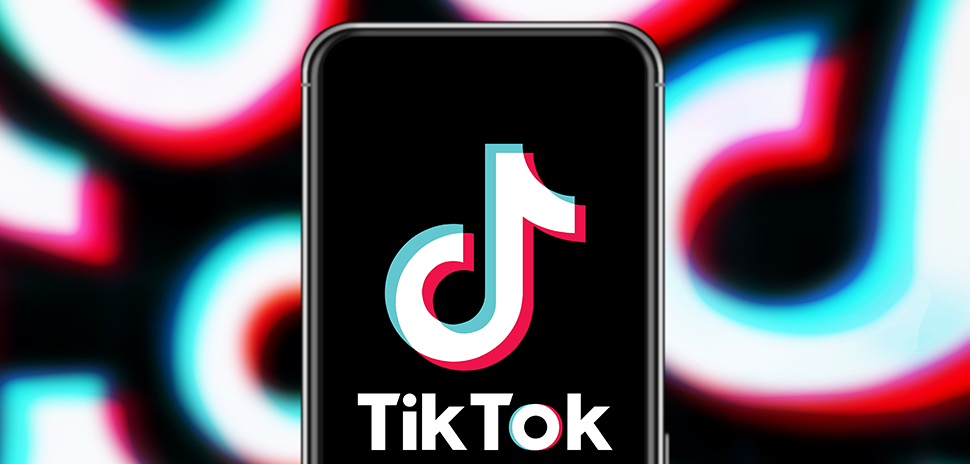Texas Governor Greg Abbott has put state agencies on the clock to implement policies that would prohibit the downloading or use of apps such as TikTok on state-owned devices.
Abbott announced the statewide model security plan Monday for Texas state agencies to address vulnerabilities presented by the use of TikTok and other software on personal and state-issued devices. The governor’s office said that each state agency will have until February 15 to implement its own policy to enforce this statewide plan.
Governor Abbott: ‘TikTok harvests significant amounts of data’

Texas Governor Greg Abbott [File photo]
“The security risks associated with the use of TikTok on devices used to conduct the important business of our state must not be underestimated or ignored,” Abbott said in a statement. “Owned by a Chinese company that employs Chinese Communist Party members, TikTok harvests significant amounts of data from a user’s device, including details about a user’s internet activity.”
“Other prohibited technologies listed in the statewide model plan also produce a similar threat to the security of Texans,” Abbott added. “It’s critical that state agencies and employees are protected from the vulnerabilities presented by the use of this app and other prohibited technologies as they work on behalf of their fellow Texans. I thank the Texas Department of Public Safety and Texas Department of Information Resources for their hard work helping safeguard the state’s sensitive information and critical infrastructure from potential threats posed by hostile foreign actors.”
TikTok is a short-form video hosting service owned by the Chinese company ByteDance that hosts user-submitted videos that can range in duration from 3 seconds to 10 minutes.
Outline of plan
At the governor’s direction, the Texas Department of Public Safety and the Texas Department of Information Resources developed the model plan to guide state agencies on managing personal and state-issued devices used to conduct state business.
The model plan outlines the following objectives for each agency:
- Ban and prevent the download or use of TikTok and prohibited technologies on any state-issued device identified in the statewide plan. This includes all state-issued cell phones, laptops, tablets, desktop computers, and other devices of capable of internet connectivity. Each agency’s IT department must strictly enforce this ban.
- Prohibit employees or contractors from conducting state business on prohibited technology-enabled personal devices.
- Identify sensitive locations, meetings, or personnel within an agency that could be exposed to prohibited technology-enabled personal devices. Prohibited technology-enabled personal devices will be denied entry or use in these sensitive areas.
- Implement network-based restrictions to prevent the use of prohibited technologies on agency networks by any device.
- Work with information security professionals to continuously update the list of prohibited technologies.
In December, Abbott directed state agency leaders to immediately ban employees from downloading or using TikTok on any government-issued devices.
He informed Lt. Gov. Dan Patrick and Texas House Speaker Dade Phelan that the executive branch is prepared to assist in codifying and implementing any necessary cybersecurity reforms passed during the current legislative session, including passing legislation to make permanent Abbott’s directive.
Among Abbott’s action to combat threats to Texas’ cybersecurity, he signed the Lone Star Infrastructure Protection Act in 2021 to bolster physical infrastructure against threats that include hostile foreign actors.
![]()
Get on the list.
Dallas Innovates, every day.
Sign up to keep your eye on what’s new and next in Dallas-Fort Worth, every day.













![Copper Breaks State Park is an international dark sky park located northwest of Dallas-Fort Worth in Quanah, Texas. [Image: AmitabhClickz/Shutterstock]](https://s24806.pcdn.co/wp-content/uploads/2023/02/Copper-Breaks-State-Park_970_Shutterstock_Dark-Sky-Park-shutterstock_550258936-970x464.jpg)




















































